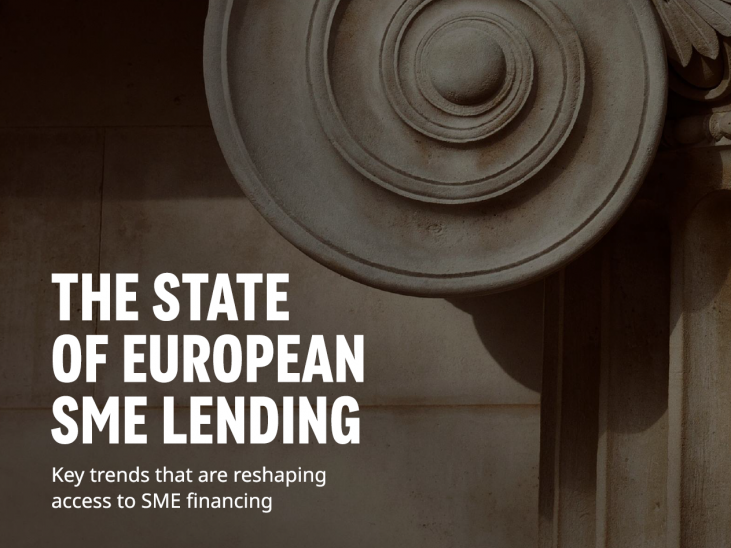Summary of INNOPAY’s research for the Dutch Ministry of Economic Affairs and Climate Policy
In June 2024, INNOPAY conducted a comprehensive study to assess the market impact of the Electronic Identification, Authentication and Trust Services (eIDAS) revision on trust services in the Netherlands. eIDAS defines trust services as electronic services that enhance trust in a digital environment. Commissioned by the Dutch Ministry of Economic Affairs and Climate Policy, this study involved desk research and interviews with 19 organisations to understand the economic implications of the proposed eIDAS regulation changes for various trust services.
The initial set of trust services under eIDAS were electronic signatures, seals, timestamps, registered delivery services, and website authentication. The eIDAS revision introduces three new trust services: electronic attestation of attributes, electronic ledgers, and electronic archiving.
Key findings
The study addressed: 1) the expected changes in the usage of trust services due to the eIDAS revision, 2) the impact of these changes on the digital economy, and 3) the associated investment and regulatory costs.
1) Usage of most trust services expected to increase
The usage of most trust services in the Netherlands is expected to increase. In addition, the Dutch market is moving from non-qualified services to qualified services. This trend is being driven by tighter laws and regulations or stricter requirements of involved parties.
QES and (Q)EAAs: The study predicts a significant rise in the use of qualified electronic signatures (QES) and (qualified) electronic attestations of attributes ((Q)EAAs), driven by the introduction of the European Digital Identity Wallet (EUDIW). Adoption of the EUDIW is crucial for the market potential of these services, emphasising the need for clarity about the role of authentic sources, common standards, and interoperability.
QESeals and QWACs: Usage of qualified electronic seals (QESeals) and qualified website authentication certificates (QWACs) is expected to increase, particularly if these services are integrated with the EUDIW and may become mandatory for data sharingunder several European laws.
Uncertainty in usage of other trust services: The impact on usage of qualified electronic archiving (QE-Archiving) and qualified electronic ledgers (QELedgers) remains uncertain, based on the information that is currently available. The eIDAS revision is unlikely to lead to increased usage of qualified electronic timestamps (QE-Timestamps).
2) Market shift and new business models
Market consolidation: The eIDAS revision is expected to open up the European market for trust services. It may also lead to market consolidation because larger trust service providers will benefit from economies of scale. Harmonised supervision is vital for ensuring fair competition.
New business models: The revision creates new business opportunities for providers of trust services, such as issuing signature certificates ‘free of charge’ to citizens in connection with the EUDIW. There are multiple business models around issuing electronic attestation of attributes.
3) Regulatory pressure and costs will rise
The eIDAS revision imposes additional requirements on trust service providers, raising regulatory pressure and compliance costs. Smaller providers and new entrants will be most affected by these changes. Despite the increased costs, market adaptation costs are not expected to be disproportionately high, and most of these costs correlate with higher turnover.
Recommendations
To capitalise on the opportunities presented by the eIDAS revision, INNOPAY advises the Dutch government to:
- Formulate comprehensive policies on trust services and provide clear direction and vision to the market.
- Actively contribute to creating the necessary conditions for the success of the EUDIW.
- Invest in effective communication strategies to raise awareness and understanding of trust services among the public and private sectors.
Conclusion
The eIDAS revision presents both opportunities and challenges for trust services in the Netherlands. While it promises increased usage and new revenue streams, it also demands higher regulatory compliance and could lead to market consolidation. Active involvement from the Dutch Ministry of Economic Affairs and Climate Policy will be crucial in harnessing these opportunities and ensuring a thriving market for trust services in the digital economy.
Click here to download the full report.



